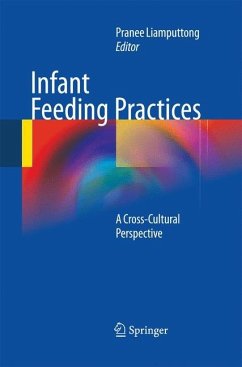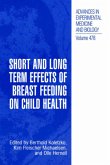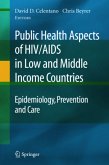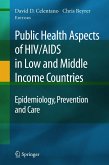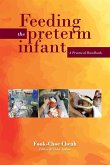It's natural... It's unsightly... It's normal... It's dangerous. To breastfeed or not? For millions of women around the world, this personal decision is influenced by numerous social, cultural, and health factors. Infant Feeding Practices is the first book to delve into these factors from a global perspective, revealing striking similarities and differences from country to country. Dispatches from Asia, Australia, Africa, the U.K., and the U.S. explore as wide a gamut of salient issues affecting feeding practices as traditional beliefs about colostrums, "breast is best" campaigns, partner attitudes, workplace culture, direct government intervention, and the pressure to be a "good mother." Throughout these informative pages, women are seen balancing innovation and tradition to nurture healthy, thriving babies.A sampling of topics covered:-Policy versus practice in infant feeding.-Infant feeding in the age of AIDS.-Managing the lactating body: the view from the U.S.-Motherhood, work, and feeding.-The effects of migration on infant feeding.-From breastfeeding tradition to optimal breastfeeding practice.Infant Feeding Practices is a first-of-its-kind resource for researchers and practioners in maternal and child health, public health, global health, and cultural anthropology seeking empirical findings and culturally diverse information on this sensitive issue.
From the reviews:
"This cross-cultural perspective of infant feeding practices investigates how mothers in a variety of cultures and sub-cultures make infant feeding decisions. ... The book's strength is its acknowledgement and coverage of the multiple interlocking factors that determine women's infant-feeding decisions, including the effects of class, geographical region and education, which affect the cultural background. ... This book will encourage reflection for clinicians, health policy-makers, sociologists, cultural historians, and mothers themselves." (Virginia Thorley, International Lactation consultant Association, November, 2011)
"This cross-cultural perspective of infant feeding practices investigates how mothers in a variety of cultures and sub-cultures make infant feeding decisions. ... The book's strength is its acknowledgement and coverage of the multiple interlocking factors that determine women's infant-feeding decisions, including the effects of class, geographical region and education, which affect the cultural background. ... This book will encourage reflection for clinicians, health policy-makers, sociologists, cultural historians, and mothers themselves." (Virginia Thorley, International Lactation consultant Association, November, 2011)

